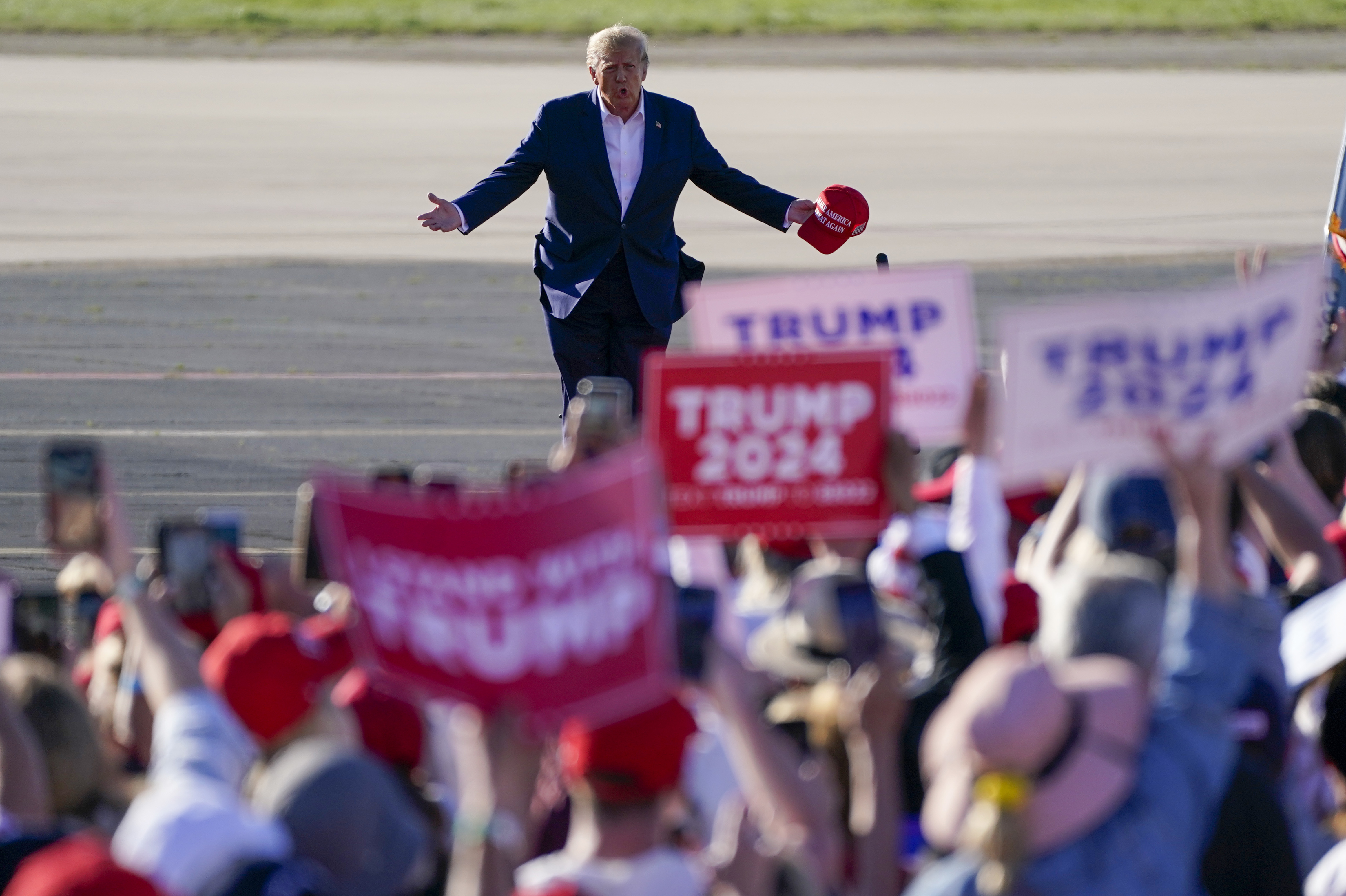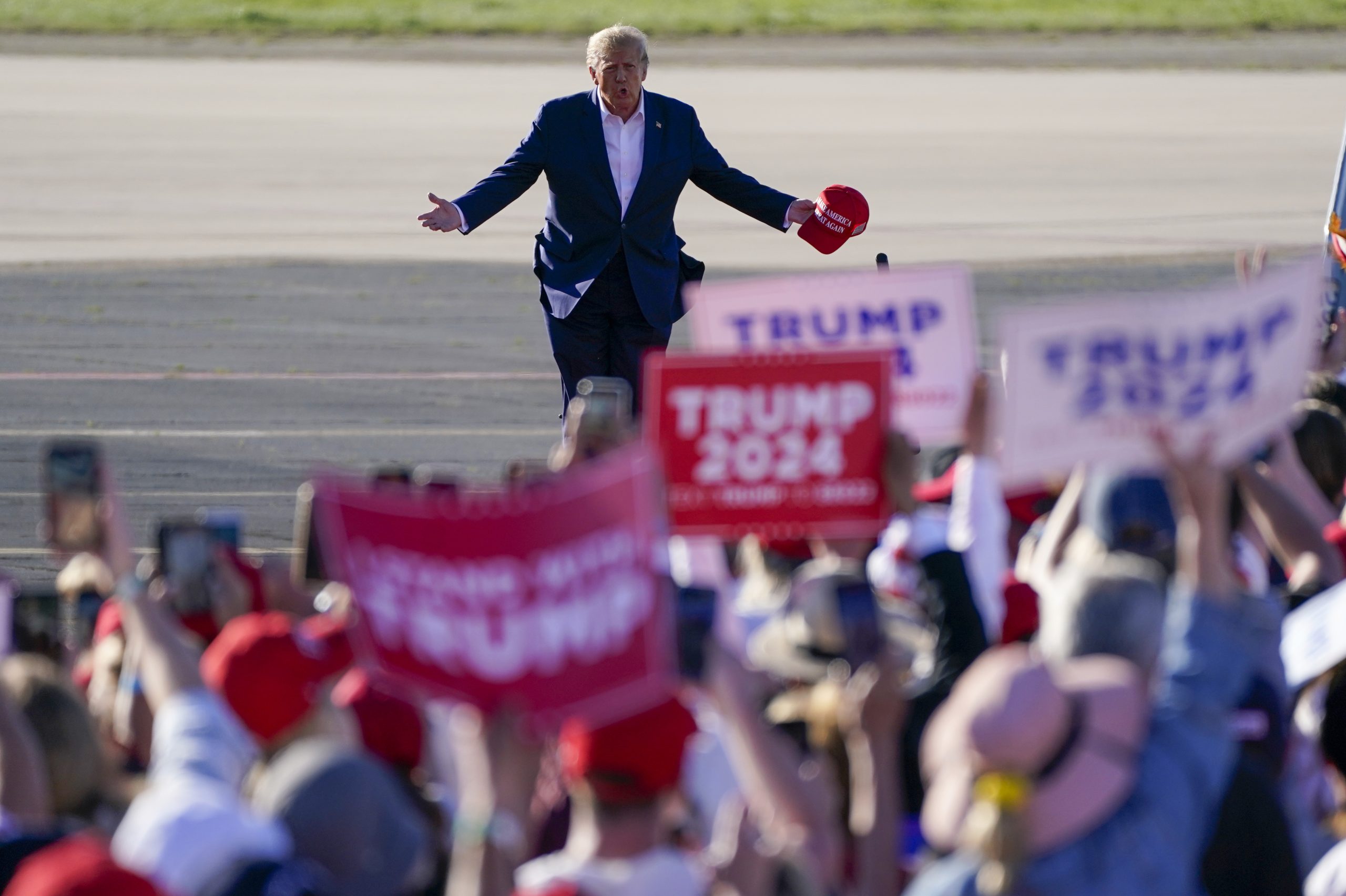
### Scientists, U.S. Research Community Overwhelmed by Uncertainty as Donald Trump Secures Second Term
The latest U.S. presidential election was marked by intense political turmoil, with major players from various fields actively backing their chosen candidates. Among those prominently supporting their views during the campaign were members of the scientific establishment, who united behind Vice President Kamala Harris, believing her administration would champion science-centric policies and research initiatives.
Multiple advocates cautioned that Donald Trump’s re-election might leave a lasting negative imprint on the U.S. scientific framework. Nevertheless, as ballots were counted on November 5, 2024, Trump emerged victorious and is set to reclaim the White House for another term. This result reverberated through numerous scientific and research communities in the United States, sparking concerns over impending budget reductions and sweeping alterations to essential research focal points.
#### Nobel Laureates Support Kamala Harris
In the weeks prior to the election, 82 Nobel laureates, including 18 Nobel Prize winners in Chemistry, publicly declared their support for Kamala Harris, conveying their apprehensions regarding Donald Trump’s potential threat to the advancement of U.S. science and technology. This endorsement mirrored a widespread sentiment within scientific fields, suggesting that Trump’s previous administration had systematically eroded scientific integrity, diminished environmental safeguards, and marginalized research-driven policies pertaining to health and climate.
Conversely, this passionate mobilization may have unintentionally energized Trump’s support base, according to U.S. drug discovery chemist Derek Lowe. “The fact that a group of Nobel laureates advocated for Harris’s election serves as a rallying point for many Trump supporters, motivating them to hit the polls and vote for Donald Trump,” noted Lowe. He highlighted a disconnect between the scientific community and a substantial portion of the electorate, who interpret endorsements from elite scholars as further evidence of an “out-of-touch” viewpoint.
#### An Impending Crisis for Science Policy?
The incoming president has already hinted at potential reductions in federal research funding and a decrease in focus on numerous vital areas, including climate change, renewable energy, and reproductive health. Previous policies under Trump significantly hindered advancements in these domains, and many are concerned that a second term could lead to even steeper cuts to programs supporting scientific inquiry and technological progress.
As detailed in a report [by Chemistry World](https://www.chemistryworld.com/news/it-could-be-a-catastrophe-deja-vu-and-panic-for-scientists-as-trump-wins-second-term/4020486.article), analysts are preparing for a “catastrophe” across various sectors. Funding for research from crucial institutions like the National Institutes of Health (NIH) and the National Science Foundation (NSF) may face drastic cuts, potentially stalling, if not completely ceasing, breakthroughs in critical fields, such as biomedical research, clean energy developments, and efforts to combat the climate crisis.
#### The RFK Jr. Controversy: A New Challenge to Public Health?
A particularly notable potential appointment in Trump’s upcoming administration could be that of Robert F. Kennedy Jr., a contentious figure recognized for advocating anti-vaccine sentiments and various conspiracy theories. Kennedy’s name has been mentioned for a significant position within Trump’s new Cabinet, possibly leading critical regulatory entities such as the Department of Health and Human Services (HHS) or even the Food and Drug Administration (FDA).
This possible appointment has raised alarms among health officials, public health advocates, and scientists alike. Kennedy has consistently criticized major health organizations and promoted skepticism towards vaccines amid the ongoing recovery from the COVID-19 pandemic and efforts towards future health preparedness. His pre-election rhetoric was foreboding; in a speech, Kennedy asserted that there are “departments at the FDA… that must go,” alleging that the agency has failed in its duty to safeguard public health.
At a rally in Madison Square Garden, Trump himself vaguely suggested that Kennedy would have the freedom to “go wild on health, food, and medicines,” provoking unease within the scientific community. Such statements have led many to anticipate significant deregulation of health and safety measures, along with the introduction of unconventional health strategies lacking robust scientific validation. Kennedy himself [posted on social media](https://x.com/RobertKennedyJr/status/1849925311586238737), declaring that the FDA’s “war on public health is about to end,” indicating a dramatic overhaul within the agency.
#### Troubling Times for U.S. Science?
Numerous experts assert that Trump’s disdain for data-driven scientific recommendations poses serious risks for the future of America. With figures like Kennedy in influential roles, attracting qualified scientists and advisors to federal agencies could become increasingly challenging. Furthermore, this administration’s probable inclination to favor science aligning with its political interests has led some to express concerns that the U.S. research landscape will be shaped less by thorough scientific investigation and more by ideological motivations.
In his first term,
